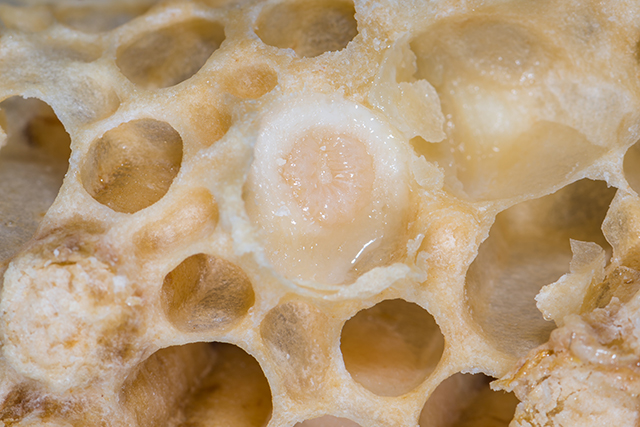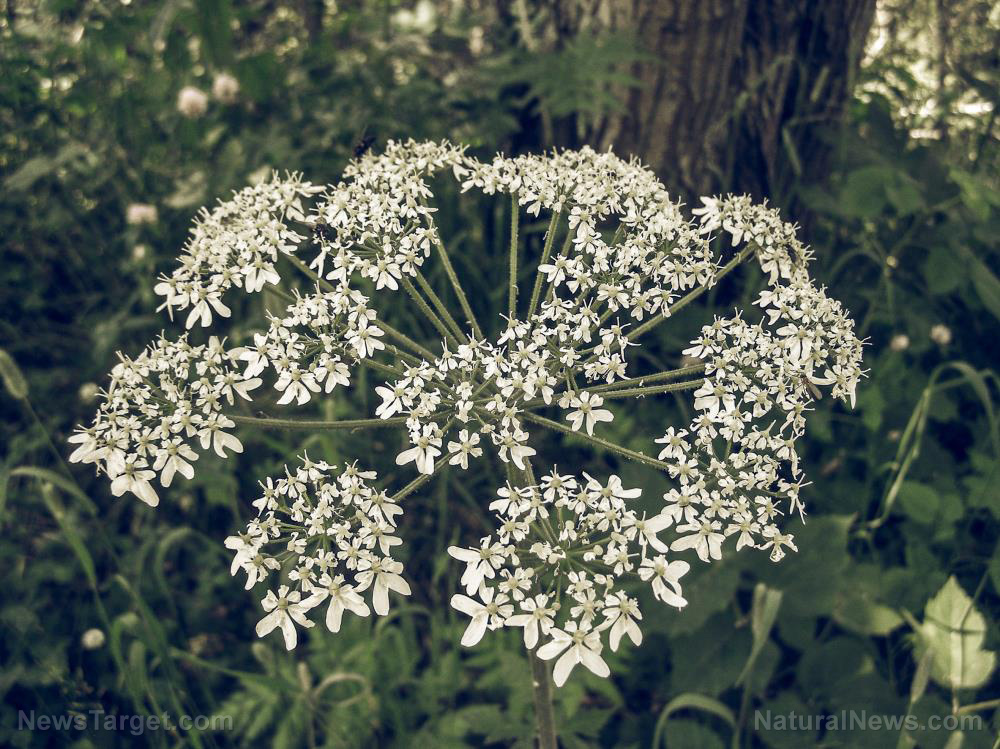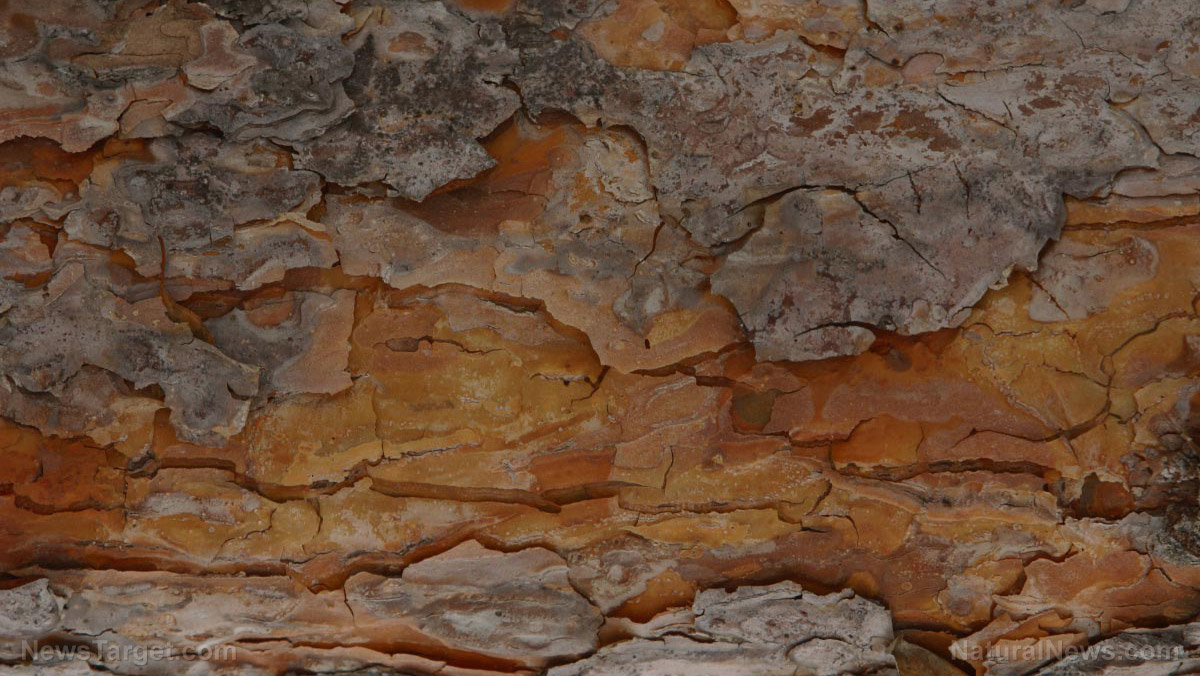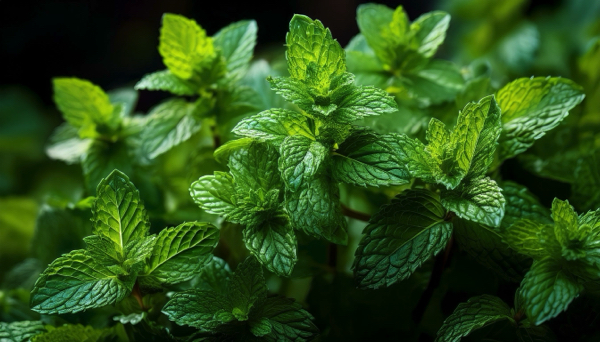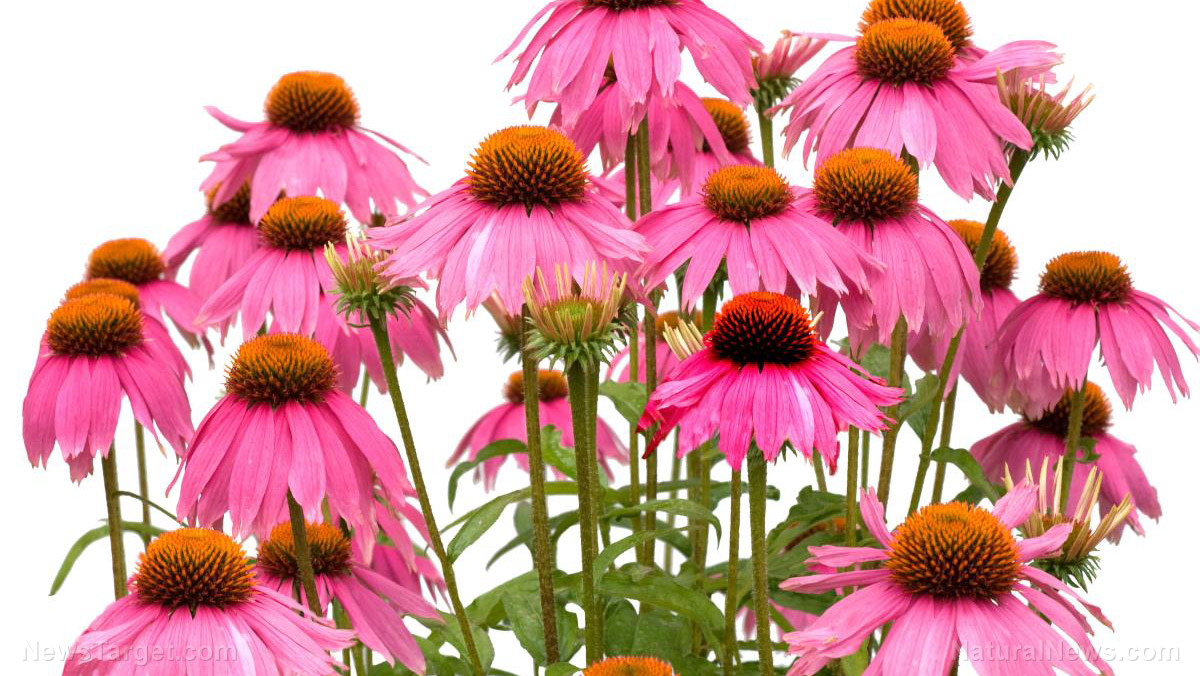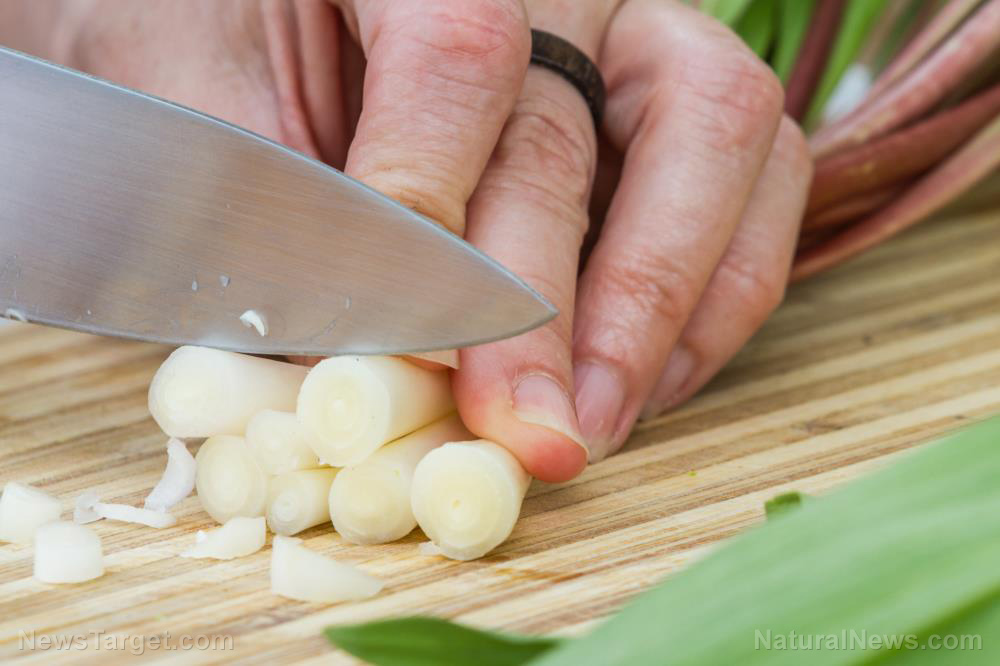Calm anxiety naturally: 7 top substances
06/27/2024 / By News Editors
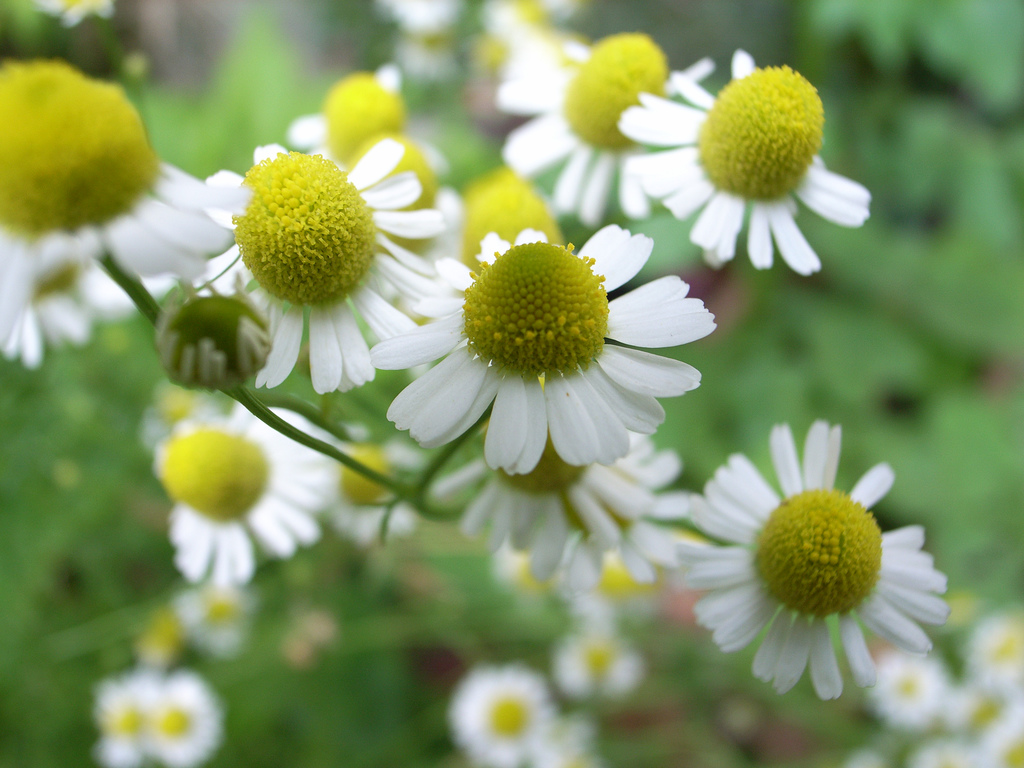
In the face of the mounting costs of anxiety in the U.S. and globally, here are seven substances that act as natural anti-anxiety agents and may make a difference in addressing the unprecedented levels of stress people are facing today, in the wake of the COVID crisis.
(Article republished from GreenMedInfo.com)
In the U.S., nearly 1 in 3 individuals will experience an anxiety disorder in their lifetime, and diagnoses are surging among young people in particular.[i] Direct health care costs go above $40 billion every year, and its recurring nature leads to sustained costs for individuals, families and entire societies.
The good news is nature offers anxiety relief in abundance. Here are some substances to calm your mind naturally.
1. Kava
Scientifically known as Piper methysticum, kava is a crop of the Pacific islands with an anxiolytic effect, mainly from modulating GABA activity in your brain. It’s available over the counter in countries such as the U.S., Australia and New Zealand.[ii]
A meta-analysis of three trials suggests that kava extract is superior to placebo as a symptomatic treatment for anxiety.[iii] In a different study, the herbal therapy has been found to be an effective treatment alternative to pharmaceuticals in non-psychotic anxiety disorders, with greater effectiveness seen in females and younger patients.[iv]
2. Lavender, Rose, Bergamot and Orange Essential Oils
Aromatherapy through the use of essential oils has been widely studied around the world for its ability to relieve anxiety, stress and depression.[v] Some leading essential oils for this purpose are lavender, rose, bergamot, orange and lemon, to name a few.
Subjects of a study that had blended essential oil consisting of lavender and bergamot oils, applied topically to skin, rated themselves as “more calm” and “more relaxed” than control subjects.[vi] They had to rate their emotional state in terms of parameters such as relaxation, vigor, calmness, attentiveness, mood and arousal.
In a review of 14 studies, lavender and rose oils were also found effective for attenuating anxiety in various animal anxiety models.[vii] And even the mere ambient odors of orange and lavender slashed anxiety and improved mood in a dental office.[viii] While more studies are recommended, a set of results indicated an acute anti-anxiety effect from sweet orange aroma, supporting its use as a tranquilizer by aromatherapists.[ix]
3. Cannabidiol (CBD)
Both animal and human studies indicate that cannabidiol, or CBD, a major component of cannabis, offers not just pain relief but also anti-anxiety properties.
Results from a study among individuals with general social anxiety disorder (SAD) suggest that CBD reduces anxiety in SAD through its effects on the activity occurring in the limbic and paralimbic areas of the brain.[x]
In the case of a 10-year-old girl who was sexually abused and had little parental supervision under age 5, pharmaceutical drugs offered partial and short-lived results, with major side effects.[xi] A trial of CBD oil led to “a maintained decrease” in anxiety as well as steady improvement in her sleep quality and quantity amid her post-traumatic stress disorder.
4. Psilocybin
A powerful psychedelic, psilocybin is the active ingredient of magic mushrooms or shrooms.
“Stimulation of serotonergic neurotransmission by psilocybin has been shown to shift emotional biases away from negative towards positive stimuli,” wrote researchers in the journal NeuroImage: Clinical, noting that reduced amygdala activity during threat processing might be key to the substance’s effect on emotional processing.[xii]
In a double-blind trial on patients with advanced-stage cancer and anxiety, researchers used a moderate dose of 0.2 milligrams per kilogram (mg/kg) of psilocybin, revealing a trend toward improved mood and anxiety.[xiii] Psilocybin may also be useful in treating drug dependence, anxiety and mood disorders, particularly in treatment-resistant subjects.[xiv]
5. Gotu Kola
Also referred to as brahmi and Indian pennywort, gotu kola is a perennial flowering plant from the Apiaceae family. Native to the Asian wetlands, it is useful both as a vegetable and therapeutic herb, used in Ayurveda and traditional Chinese medicine for centuries to alleviate anxiety and depression.[xv]
Compared with placebo, gotu kola exhibited significant anti-anxiety activity in humans as measured by the acoustic startle response (ASR).[xvi] This shows its potential in treating anxiety syndromes, according to researchers.
6. Chamomile
Who would forget a favorite tea at night to quiet your mind and calm your tired body? The first controlled clinical trial of chamomile extract for generalized anxiety disorder (GAD) found it may have moderate benefits in patients with mild to moderate cases.[xvii]
In separate research, chamomile also improved cortisol patterns in subjects with moderate to severe GAD.[xviii] The response to chamomile therapy may be partly attributed to normalizing stress biology dysfunction. On top of its established anti-anxiety effect, chamomile may also have “clinically meaningful” antidepressant activity.[xix]
7. Passionflower
Another natural anti-anxiety compound is Passiflora incarnata, more popularly known as passionflower, maypop and wild passion vine. In the 16th century, Spanish explorers in South America learned of the plant and brought it to Europe, where it was widely cultivated and became part of European folk medicine.[xx]
Read more at: GreenMedInfo.com
Submit a correction >>
Tagged Under:
alternative medicine, anxiety disorder, anxiety relief, essential oils, health science, herbal medicine, herbs, mental health, mind, natural cures, natural health, natural medicine, naturopathy, phytonutrients, plant medicine, remedies, Xpost
This article may contain statements that reflect the opinion of the author
RECENT NEWS & ARTICLES
consumerwellness.info is a fact-based public education website published by consumerwellness.info
All content copyright © 2023 by consumerwellness.info
Contact Us with Tips or Corrections
All trademarks, registered trademarks and servicemarks mentioned on this site are the property of their respective owners.




